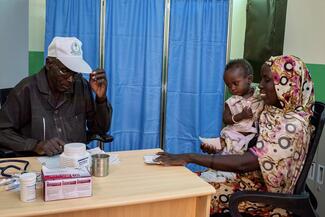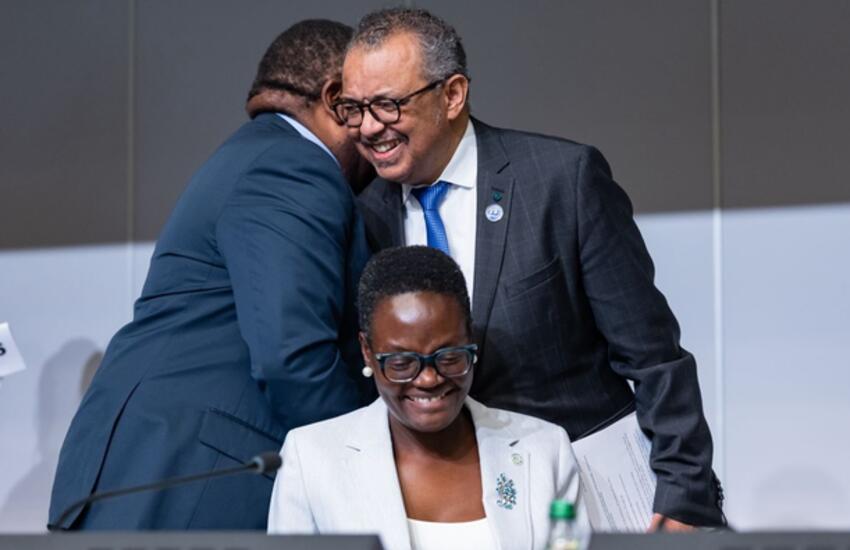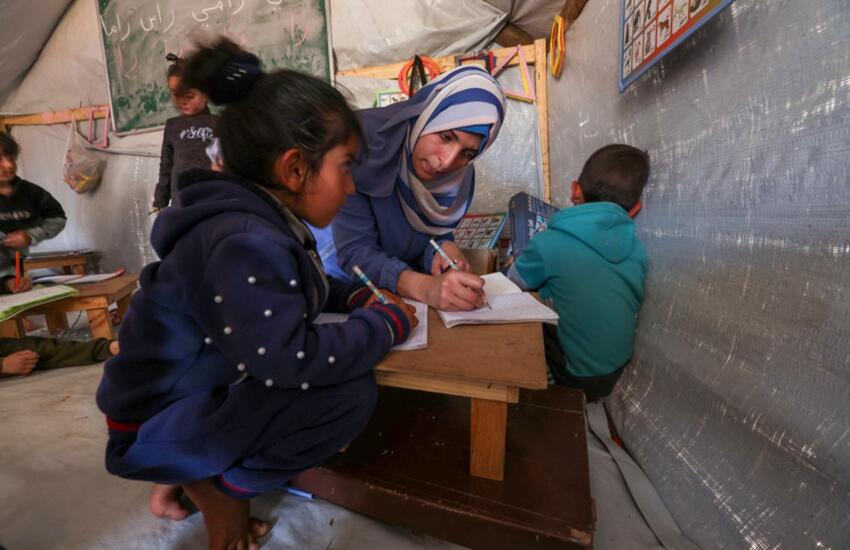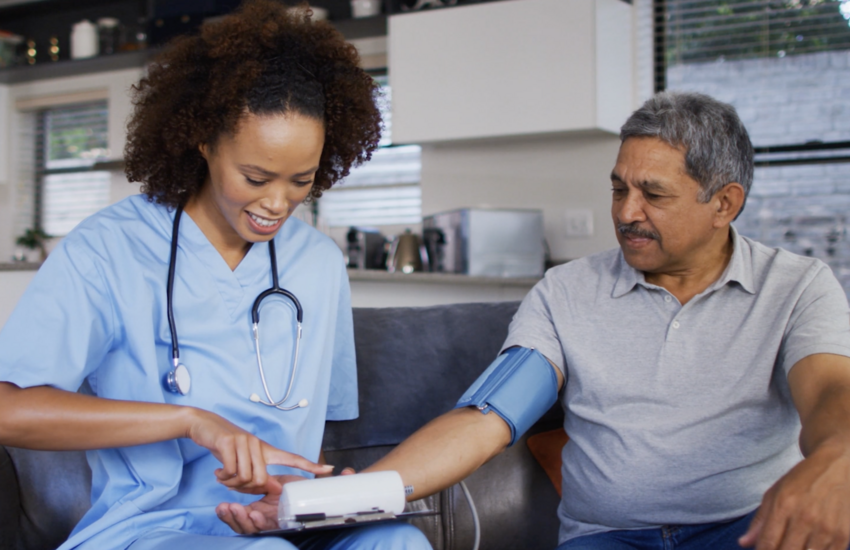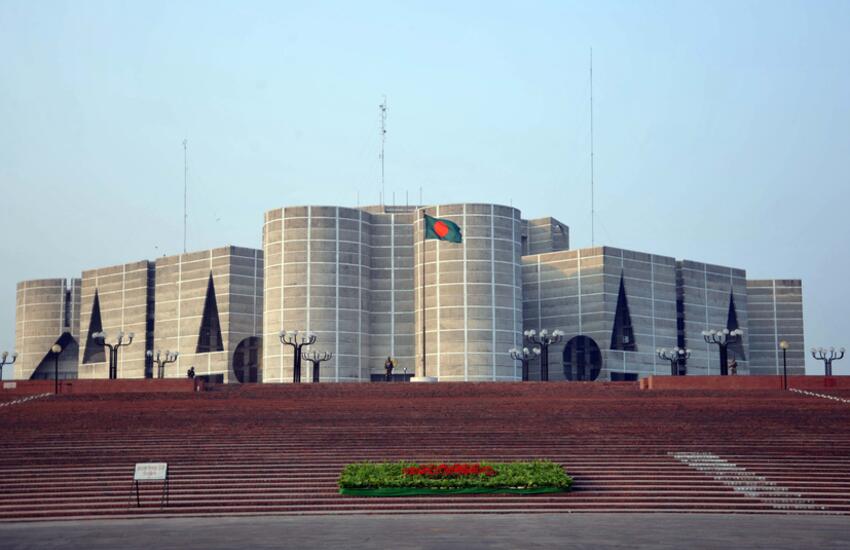The IPU and the World Health Organization (WHO) have produced a handbook on universal health coverage (UHC) intended to help parliaments fulfil their roles as enablers of UHC.
The worst of the Covid-19 pandemic may be over, but health systems around the world are still buckling under the strain. Ensuring everybody has access to quality health care is one of the most pressing priorities for governments everywhere.
Ten years ago, on 12 December 2012, the UN General Assembly approved a resolution urging all countries to accelerate progress towards UHC. On the same day in 2017, the UN proclaimed 12 December as International Universal Health Coverage Day. In 2019, the IPU provided a parliamentary component to that commitment by adopting the first global parliamentary resolution on UHC.
UHC ensures that all individuals and communities receive the health services they need without the risk of suffering financial hardship. It encompasses the full spectrum of services that are essential to good health, including health promotion, illness prevention, treatment, rehabilitation and palliative care across a person’s lifetime.
Parliaments play a crucial role in supporting the health of the people they represent by operationalizing national and international commitments. They enact legislation, review and approve budgets, and hold governments to account for progress towards UHC. They work to reduce inequalities and remove barriers that prevent people from enjoying good health and well-being throughout their lives.
The handbook explains what UHC is and why it’s important, as well as exploring the unique contribution that MPs can make to achieving universal health coverage with a focus on their legislative, financial, oversight and accountability roles alongside case studies of best practice.
For example, Section 47 of the Constitution of Thailand grants every person the right to access public healthcare services provided by the State, with destitute persons able to access them free of charge.
In Ghana, health professionals are regulated and premises are licensed under an act of parliament with standards enforced by the country’s top health bodies.
Finally, it offers practical, actionable recommendations for MPs to advance UHC in their respective contexts and countries, by, for example, placing UHC on parliamentary agendas, and advocating for the supplementation of relevant legislation with assessments and data analysis.
The IPU and WHO will put the handbook into practice to help national parliaments build the necessary capacities to move towards UHC. In May of this year, a first workshop took place in Benin, enabling 50 parliamentarians and parliamentary staff to analyze the strengths and weaknesses of the existing legal framework supporting UHC in the country.
The COVID-19 pandemic highlighted the importance of universal health coverage. Many people around the world - particularly vulnerable and/or marginalized populations - were unable to access testing, vaccines or treatments, while many others experienced financial hardship as a result of their healthcare needs. For some people, the health implications of long COVID continue to impact their daily lives.
Achieving universal health coverage helps to reduce inequality by strengthening nations’ health services and infrastructure, building resilience to health crises, preventing disease and promoting health. As custodians of public wellbeing, parliaments and parliamentarians are well-placed to champion UHC not just in their own contexts but on the international stage.
Join the IPU and WHO this Universal Health Coverage Day to call for action and investment in health systems for all, to ensure that no one is left behind.
***
The IPU is the global organization of national parliaments. It was founded 130 years ago as the first multilateral political organization in the world, encouraging cooperation and dialogue between all nations. Today, the IPU comprises 178 national Member Parliaments and 14 regional parliamentary bodies. It promotes democracy and helps parliaments become stronger, younger, gender-balanced and more diverse. It also defends the human rights of parliamentarians through a dedicated committee made up of MPs from around the world.
For more information about the IPU, contact Thomas Fitzsimons at e-mail: [email protected] or [email protected] or tel: +41(0) 79 854 31 53





